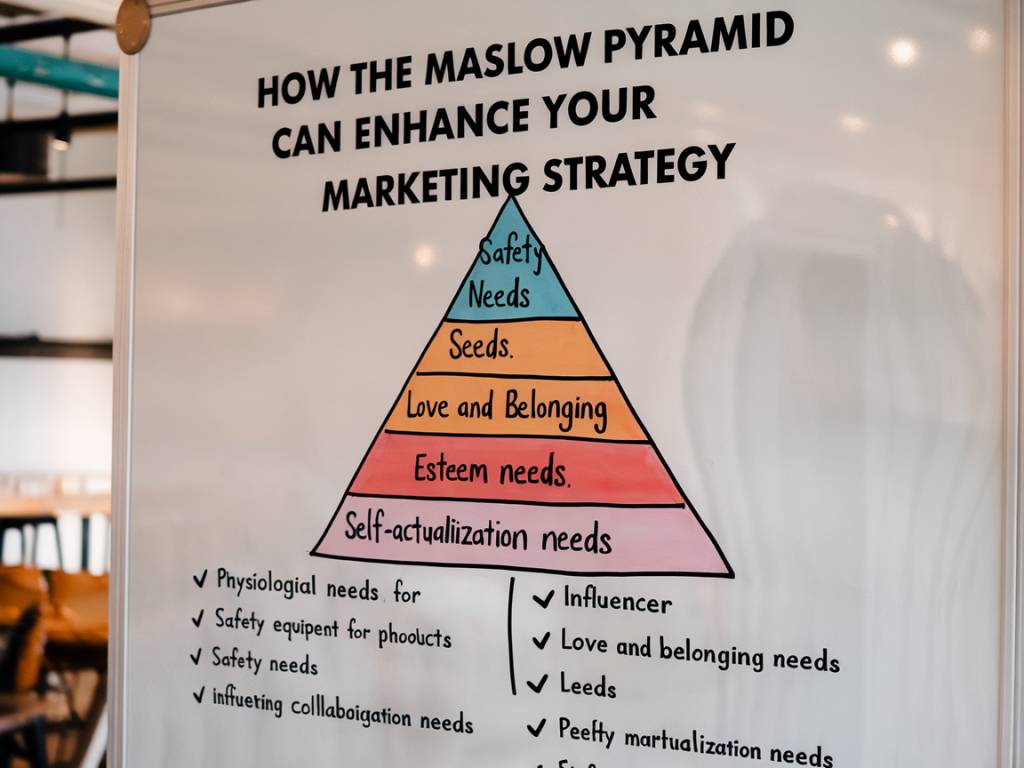Understanding Quantum Computing and Its Core Principles
Quantum computing represents a paradigm shift in computational power, built on the principles of quantum mechanics. Unlike classical computers that process information using bits (0s and 1s), quantum computers use quantum bits or qubits, which can exist in multiple states simultaneously thanks to superposition. Furthermore, qubits can be entangled, meaning the state of one qubit is dependent on the state of another, regardless of the distance between them. These properties enable quantum computers to process complex computations at speeds currently unattainable with traditional systems.
As we stand at the intersection of technological innovation and practical adoption, quantum computing is poised to impact several industries—and digital marketing is no exception. With the exponential growth of data and the increasing sophistication of consumer behavior analytics, quantum computing could redefine how marketers collect, analyze, and leverage data in the decade ahead.
The Potential Impact of Quantum Computing on Data Processing
Data-driven marketing is the backbone of digital strategy. From real-time personalization to predictive analytics, much of modern marketing hinges on complex algorithms and large-scale data processing. Quantum algorithms promise to speed up these processes dramatically. For instance, machine learning models could be trained in seconds rather than days, leading to faster decision-making and more responsive campaigns.
This shift could enable digital marketers to:
- Process and analyze vast amounts of consumer data at unprecedented speed.
- Uncover new patterns and insights that were previously hidden due to computational limitations.
- Optimize real-time advertising strategies faster and more accurately than ever before.
Transforming Predictive Analytics and Customer Segmentation
Customer segmentation is a critical aspect of delivering personalized marketing experiences. Traditional ML-based segmentation relies on existing patterns and historical data to group customers by behavior, preferences, or demographics. Quantum computing may enhance this by introducing more nuanced multidimensional models, leading to hyper-granular segmentation strategies.
Similarly, quantum-enhanced predictive analytics could allow marketers to anticipate consumer behavior with much greater precision. A quantum computer’s ability to evaluate numerous outcomes simultaneously could facilitate more accurate forecasting models, allowing brands to anticipate market trends, customer churn, and purchasing behavior well in advance.
Revolutionizing Search Engine Optimization (SEO)
Search Engine Optimization remains a cornerstone of digital marketing, and its algorithms are growing increasingly complex. Google’s search algorithm already incorporates AI and natural language processing to understand user intent, context, and semantics. Once quantum computing becomes integrated into search engines or SEO tools, it could significantly alter ranking factors and content optimization strategies.
Marketers may need to consider:
- New ranking algorithms powered by quantum-enhanced AI models.
- Faster and more dynamic indexing and crawling of web content.
- Advanced simulations of user behavior scenarios to test content performance.
With faster, more intelligent analysis, even minor content and structural changes could have a larger and more immediate impact on search rankings. This makes agility and adaptability even more critical for SEO professionals and content strategists alike.
Quantum-Level Cybersecurity and Data Privacy Implications
Digital marketing increasingly relies on personal data to implement targeted campaigns. However, the rise of quantum computing presents both an opportunity and a challenge in the realm of cybersecurity. While quantum encryption (such as Quantum Key Distribution) can offer near-unbreakable protections for data, the same technology could also be used maliciously to break existing cryptographic standards used in online marketing tools and CRM systems.
Key concerns for marketers may include:
- Ensuring compliance with data protection regulations (like GDPR) using quantum-safe encryption methods.
- Reinforcing customer trust by proactively adopting advanced security measures.
- Preparing for the potential vulnerability of current digital infrastructures to quantum-based attacks.
As a result, marketing departments may increasingly need to collaborate closely with cybersecurity teams to safeguard consumer data and maintain operational integrity in the coming quantum era.
Enhancing Programmatic Advertising and Real-Time Bidding
Programmatic advertising relies on real-time decision-making to buy and place ads automatically. Quantum computing could dramatically accelerate the speed and volume of decision parameters evaluated in a programmatic context. This increased efficiency could lead to better audience targeting, cost savings, and improved return on ad spend (ROAS).
Quantum-powered predictive algorithms could, for example, evaluate user behavior models, content context, bidding strategies, and pricing fluctuation data simultaneously, within a fraction of a second. This opens doors to:
- More refined audience targeting based on real-time data inputs and behavioral triggers.
- Precision bidding for ad placement across multi-channel ecosystems.
- Dynamic creative optimization to match ad content with audience mood and context.
Such advances will require marketers to rethink their approaches, bringing greater computational and analytical sophistication into their media planning and buying strategies.
Artificial Intelligence and Quantum Synergy in Content Generation
AI-driven content generation is rapidly advancing, and platforms like ChatGPT have already demonstrated the power of language models in creating usable marketing content. With quantum computing, these models could evolve even faster, increasing their linguistic capabilities and depth of contextual understanding.
The synergy between AI and quantum computing might result in:
- Faster content creation that remains accurate, personalized, and contextually aware.
- Real-time adaptation of messaging based on continuous audience feedback loops.
- Optimized A/B testing cycles, significantly reducing the time to find winning creatives.
In addition, brands may eventually use quantum-enhanced AI to generate hyper-personalized narratives tailored to specific individuals or market segments, reshaping the content marketing landscape entirely.
Challenges Ahead and Strategic Preparation for Marketers
Despite its potential, quantum computing is still in an experimental phase, and widespread commercial adoption may take another decade. However, digital marketers can begin to prepare by staying informed and remaining agile in their tech strategy. Key steps include:
- Monitoring developments in quantum computing and its implications for data science.
- Investing in upskilling teams with knowledge at the intersection of quantum tech and marketing analytics.
- Collaborating with vendors and tech providers who are exploring quantum innovation pathways.
Moreover, marketers need to maintain flexibility in their digital marketing strategies as quantum computing could render some current paradigms obsolete. Planning for adaptability today will pay dividends when the technology becomes commercially viable tomorrow.
The next decade will likely be one of convergence between quantum computing, AI, big data, and digital marketing. Brands that navigate this changing terrain strategically and ethically will have the opportunity to unlock new levels of engagement, efficiency, and innovation in their marketing efforts.




